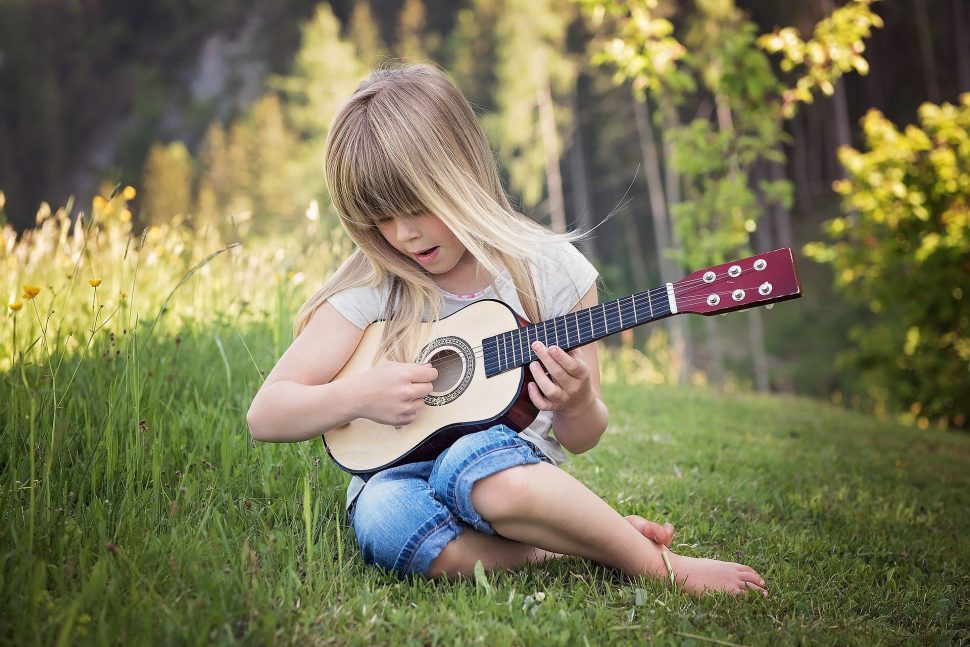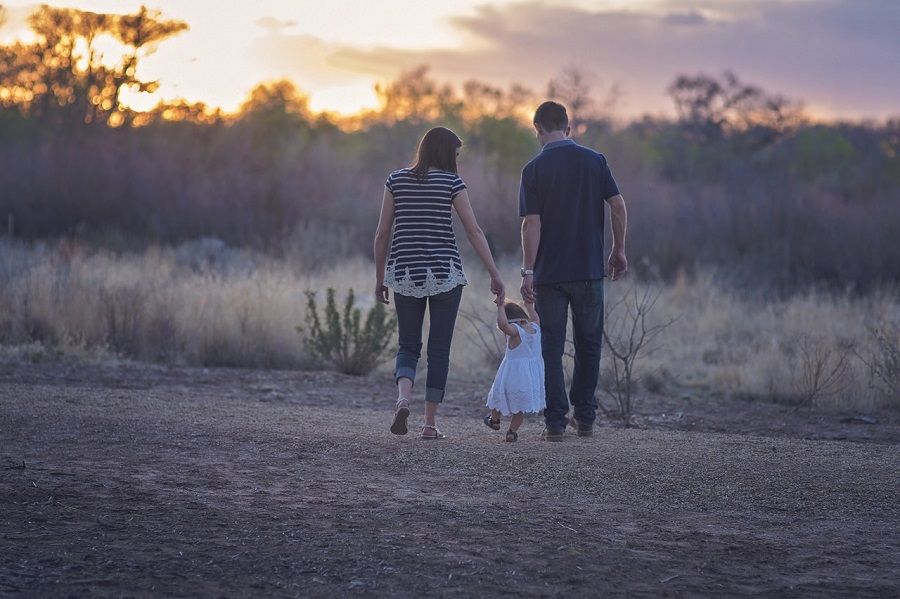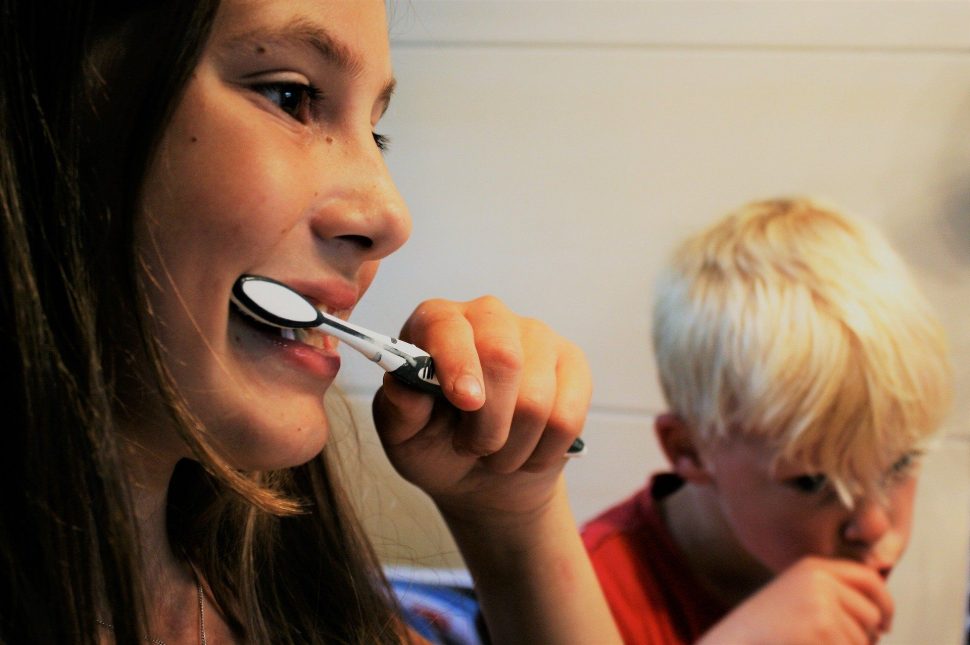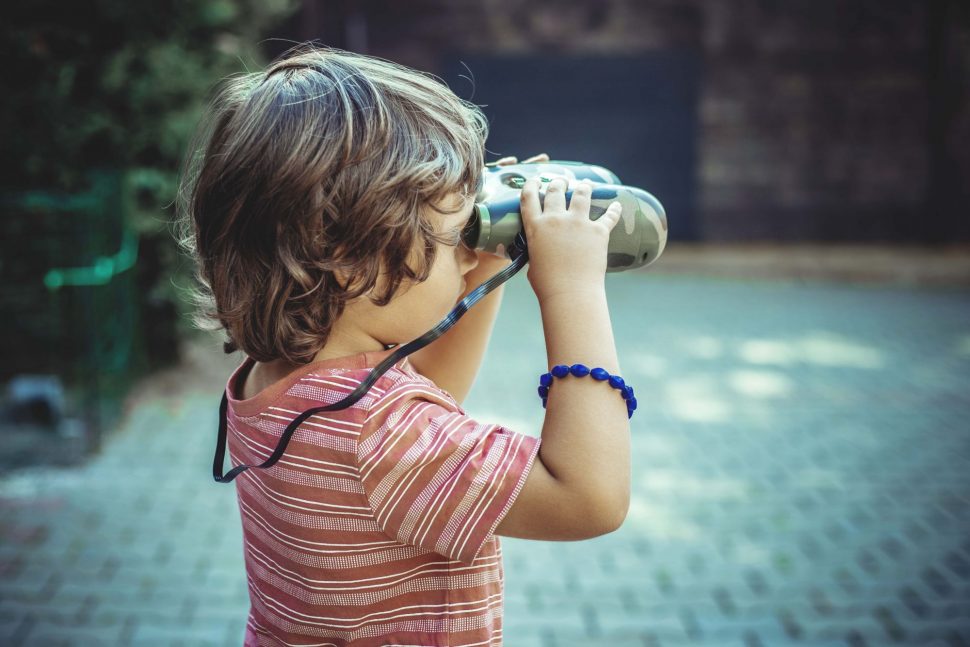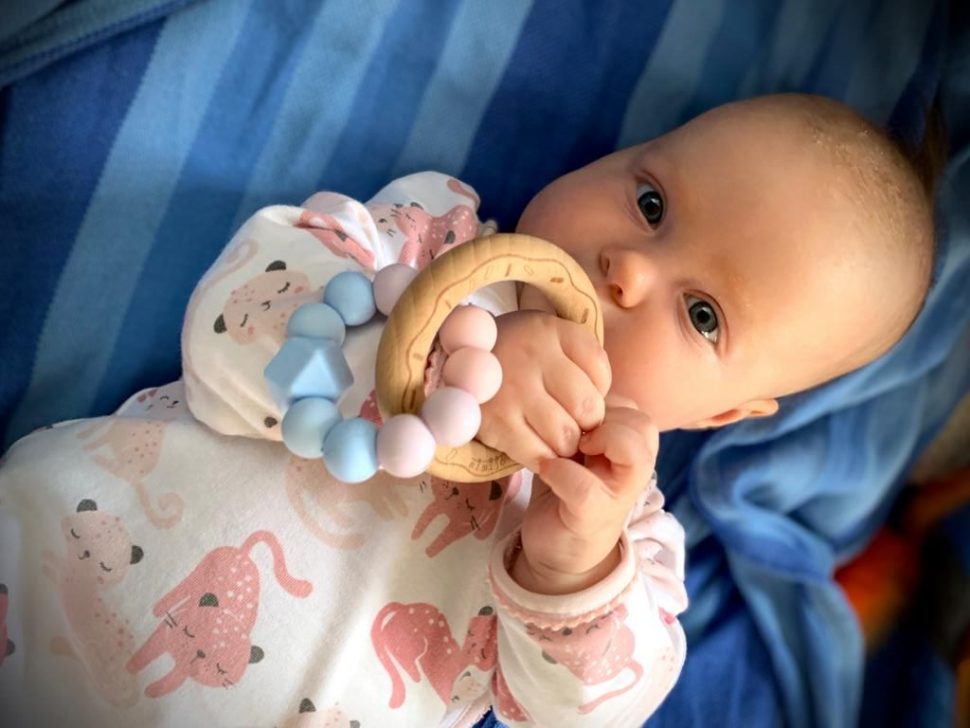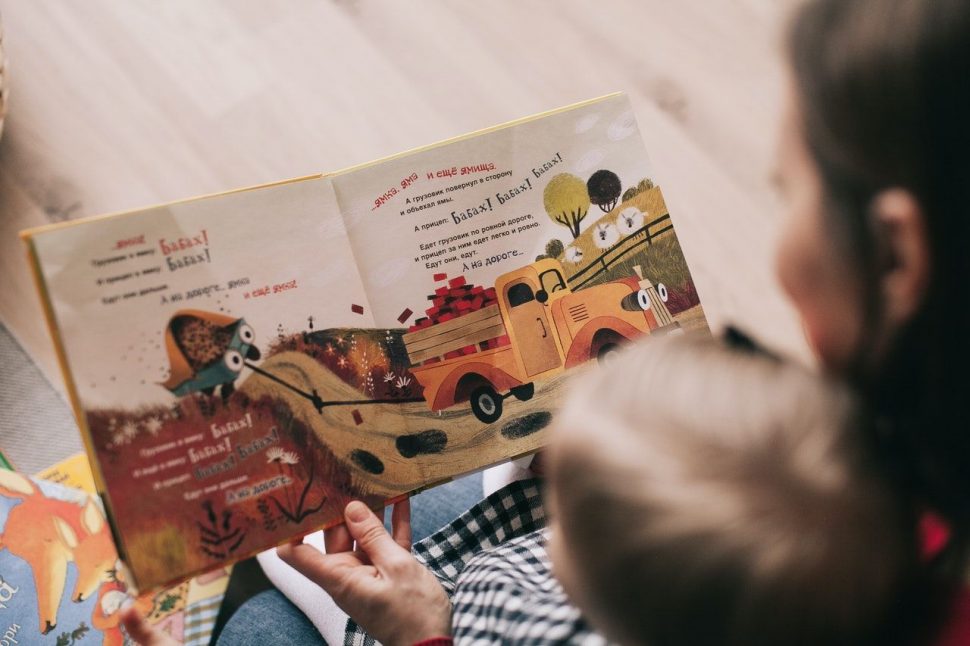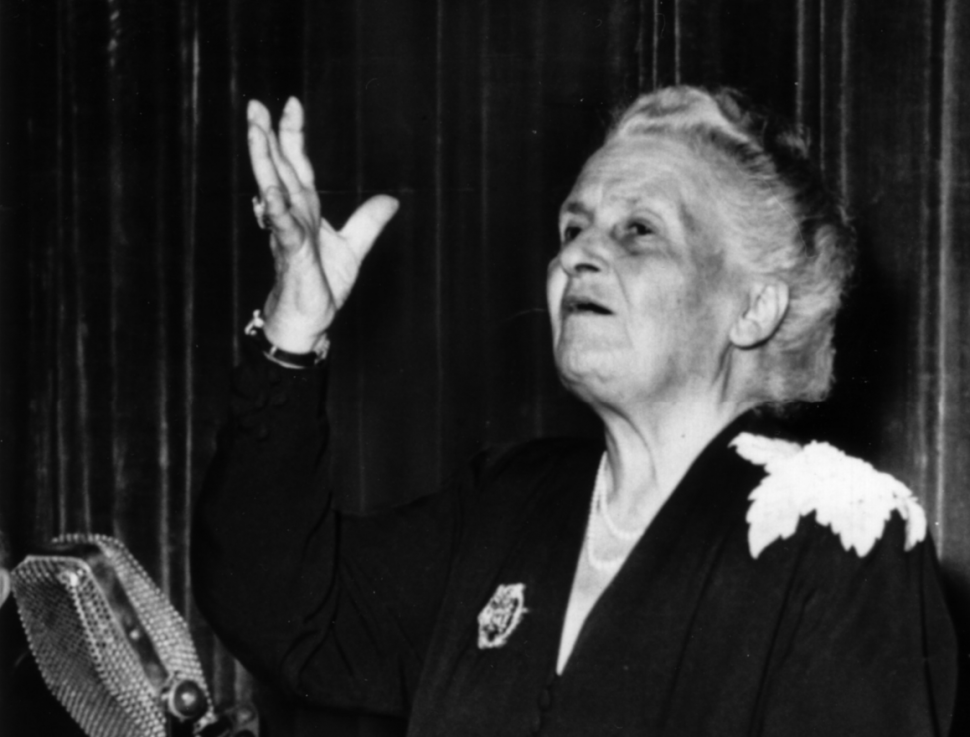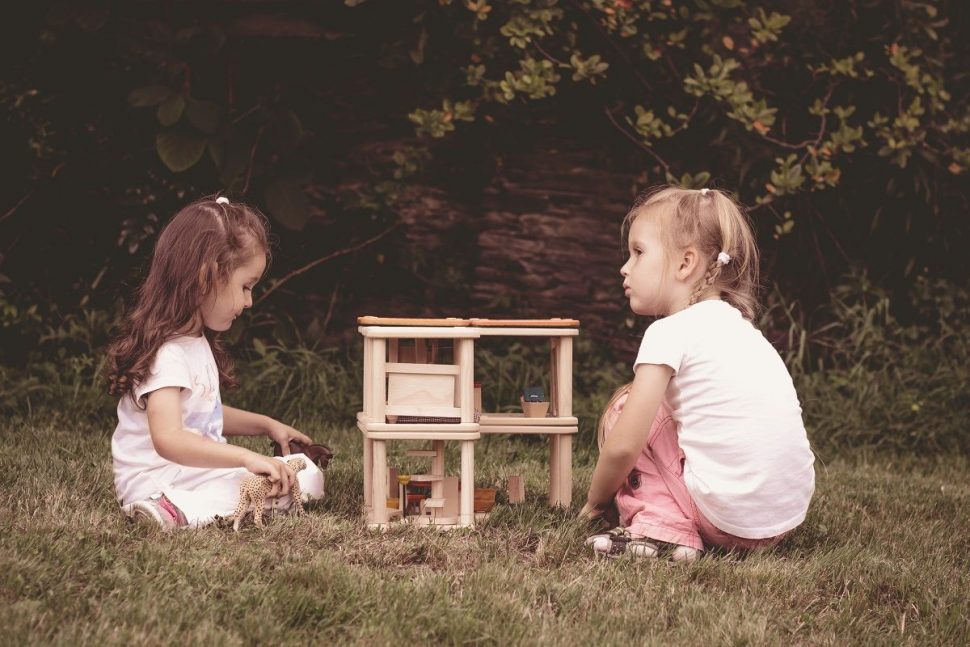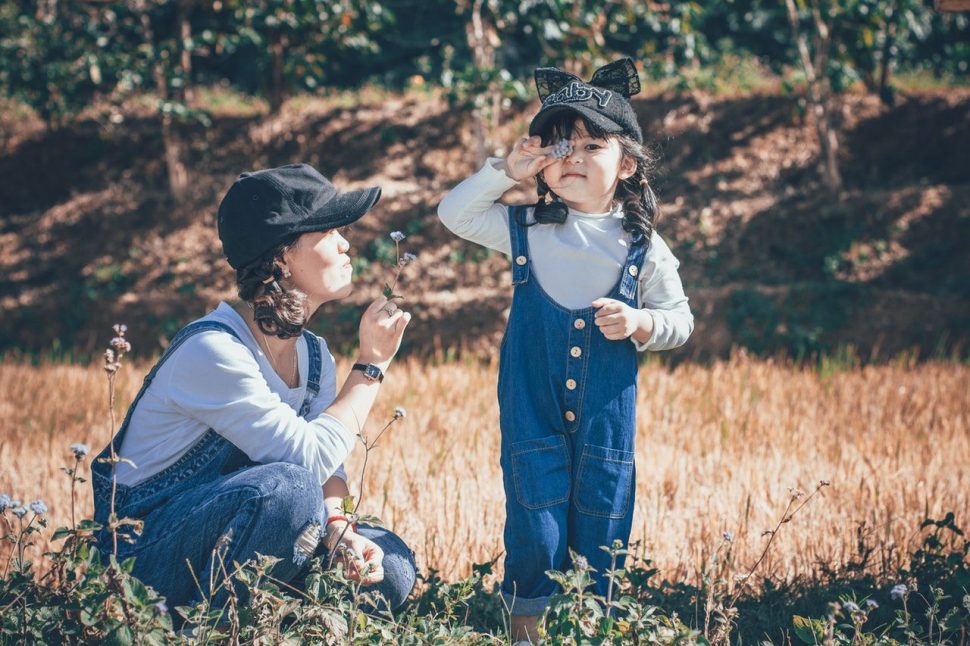The Montessori curriculum covers a variety of subjects, including music – although it is often overlooked. Creative arts such as music or visual arts are often sadly undervalued in education, both traditional and Montessori – when in actuality, they bring a complex array of rich experiences and hold vast importance in your child’s development, as well as...
Read more
There is so much in the world to discover! And young children are trying to learn everything they can. Maria Montessori described an inner drive that every child has to explore and be independent. If a child’s world moves too quickly and to many things are done for them they can become passive and miss all...
Read more
Why routines are helpful . . . Routines help children understand the world. For young children so much of the world is new and they are looking for some sense of order in everything going on. Without a routine, a child will be dependent on the adults to know what comes next. With a routine, a child can...
Read more
The Balance Between Consistency and Change In Montessori practice, we talk frequently about consistency so much so that sometimes we can fear change. Consistency is a cornerstone of preparing environments for toddlers. Everything in the world is so big and new for toddlers that consistency helps them prepare and know what to expect. Toddlers are looking...
Read more
Building a new Relationship Montessori goes beyond a method of education to an understanding of how to support natural development. Maria Montessori’s philosophy and developmental theories help us understand what the development needs are at certain points in life and the practice and implementation help us follow each child’s individual inner guide or developmental path through kindness...
Read more
The Montessori angle on finding and offering books that will make your child fall in love with reading
Read more
The Montessori educational theory is a strange beast – in that, at its core, it is not about pedagogy at all.
Read more
Let’s say you’re sold – you believe that Montessori is the right path for you and your family. What are the most common obstacles between parents and this choice?
Read more
We’ve spoken extensively on the theory of parent-child communication – rightfully so, as it is one of the most essential parts of parenting. So here is the practice: concrete examples of the five most useful and important phrases in any parent’s vocabulary.
Read more
Montessori education first flourished more than a century ago. What is different now and then, and what are the most common obstacles Montessori parents run into?
Read more 